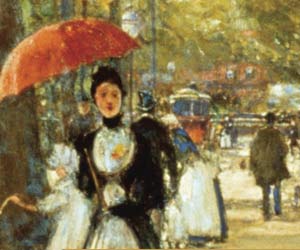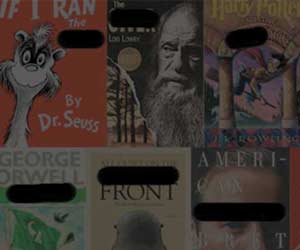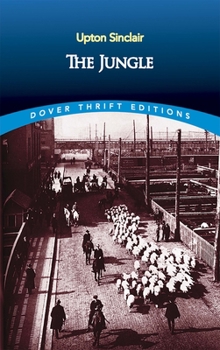The Jungle
Select Format
Select Condition 
Book Overview
An ardent activist, champion of political reform, novelist, and progressive journalist, Upton Sinclair is perhaps best known today for The Jungle -- his devastating expos? of the meat-packing industry. A protest novel he privately published in 1906, the book was a shocking revelation of intolerable labor practices and unsanitary working conditions in the Chicago stockyards. It quickly became a bestseller, arousing public sentiment and resulting in such federal legislation as the Pure Food and Drug Act.The brutally grim story of a Slavic family who emigrates to America, The Jungle tells of their rapid and inexorable descent into numbing poverty, moral degradation, and social and economic despair. Vulnerable and isolated, the family of Jurgis Rudkus struggles -- unsuccessfully -- to survive in an urban jungle.
A powerful view of turn-of-the-century poverty, graft, and corruption, this fiercely realistic American classic is still required reading in many history and literature classes. It will continue to haunt readers long after they've finished the last page.
Customer Reviews
Excellent
A very important work for understanding our past and our future
The Jungle- Upton Sinclair
Academicians, Go Away!
A graphic novel that turns "The Jungle" back into a call for socialism
Captures the essence but not the power of Sinclair
Unrelenting exposé of the capitalist meatgrinder
The Jungle Mentions in Our Blog


Okay, maybe we can’t eliminate censorship (yet...#goals), but we can celebrate Banned Books Week with gusto by reading all of the stories that someone (or someones) tried to silence, destroy, or restrict access to. Here are 50 of the most frequently banned and/or most recently challenged books, along with the "who, why, and how" of literary censorship in America.






